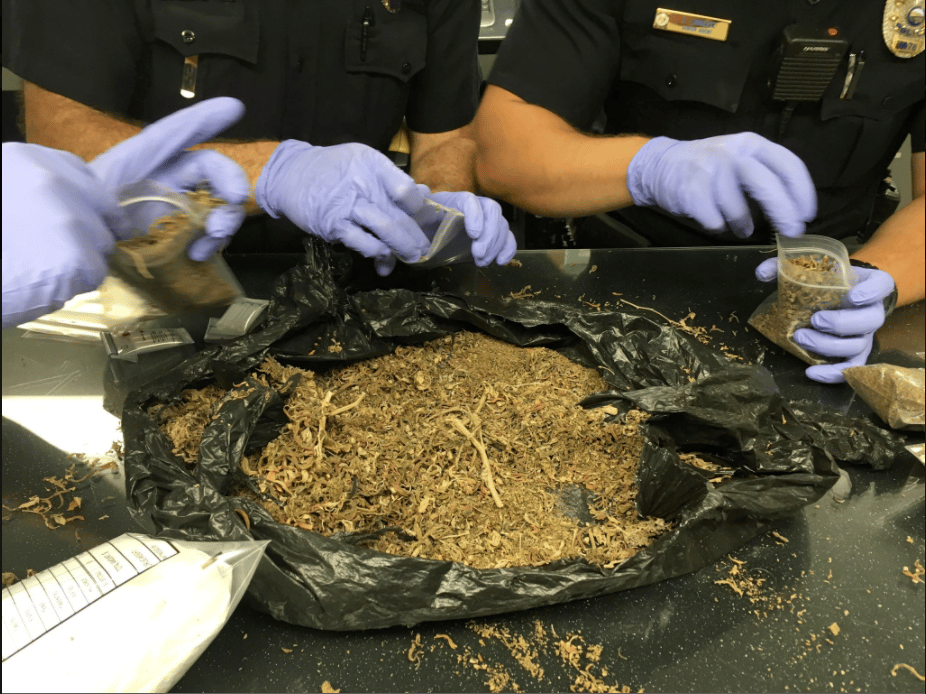U.S. Attorney Robert Troyer, the man who decides how to enforce federal law in Colorado, had some reassuring words for the legal marijuana industry, according to Congresswoman Diana DeGette's office.
In a phone call on Thursday, Troyer told Colorado's Congressional delegation that his office would not shift attention from other issues to marijuana, DeGette's office reported.
Talk of a federal crackdown has hung over the legal marijuana states since last week, when Attorney General Jeff Sessions repealed a policy that given some protection to the industry. Previously, the Justice Department had told its prosecutors that their main duty on legal marijuana was to make sure that it's well regulated.
With Sessions' change, the door was opened for officials like Troyer to decide their own paths. Since marijuana is federally illegal, Troyer could theoretically press felony charges against many of the people involved int he industry.
"You could easily see very different enforcement approaches taken by districts even next to each other," said John Walsh, the previous U.S. attorney for Colorado. "The potential for confusion is extremely high, and the potential for actual chaos exists.”
Now, Troyer may be trying to ease local nerves. He reportedly told the state's congressional delegation "that recently-issued federal guidelines regarding marijuana laws will not lead to an increase in marijuana prosecutions at the expense of other high-priority law enforcement issues," per DeGette's office. (That's a paraphrase, not a direct quote.)
Troyer reportedly said that the new federal guidance "is consistent with how federal prosecutors in Colorado have approached marijuana prosecutions in recent years and his office would continue focusing on other matters, including immigration, the opioid crisis and violent crime."
Previously, Troyer's office said that marijuana prosecutions would continue "focusing in particular on identifying and prosecuting those who create the greatest safety threats to our communities around the state."
Of course, Troyer still has to answer to Jeff Sessions. If Sessions goes further and orders active prosecution of the industry, than Troyer would have little choice, according to Walsh.
Meanwhile, the new uncertainty is making investors nervous about the cannabis business, as Kristen Nichols reported.














